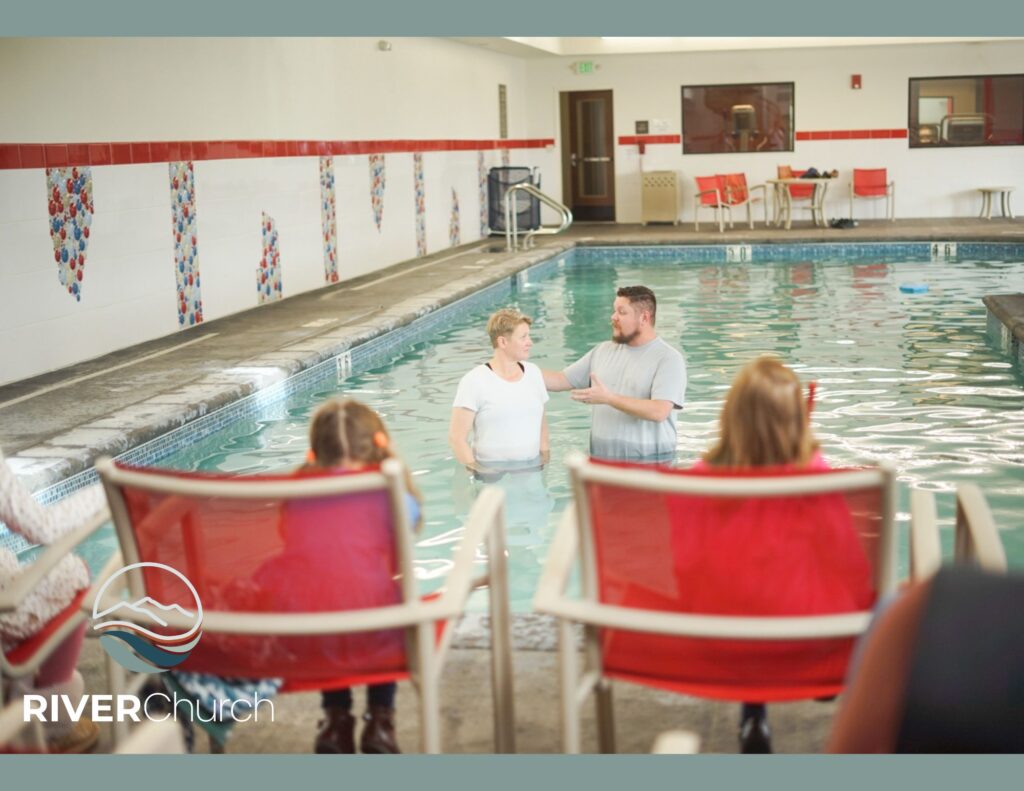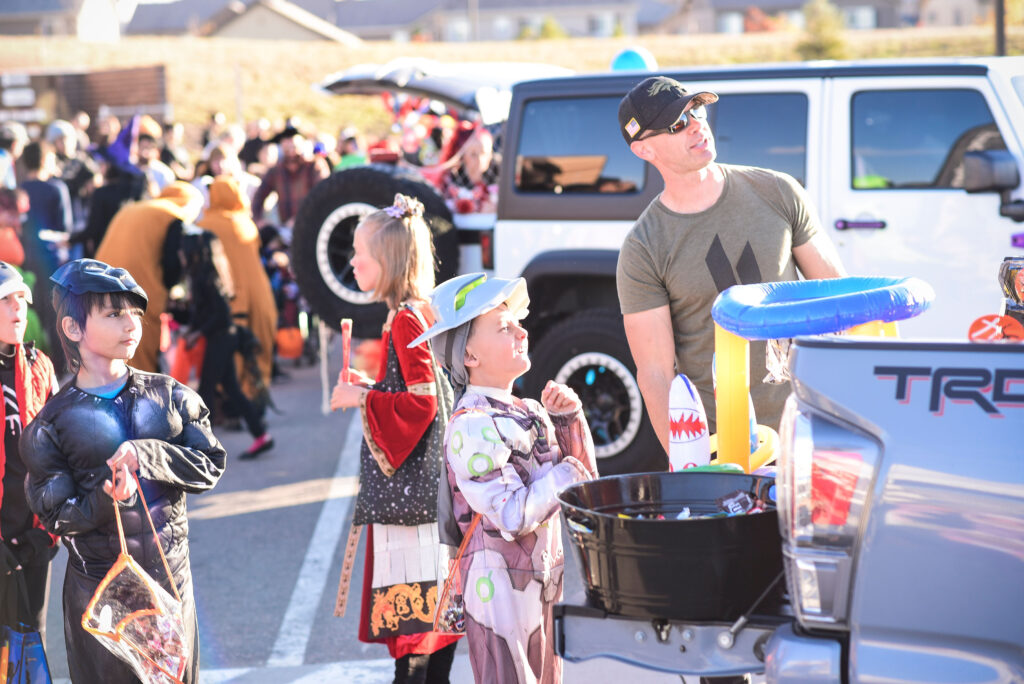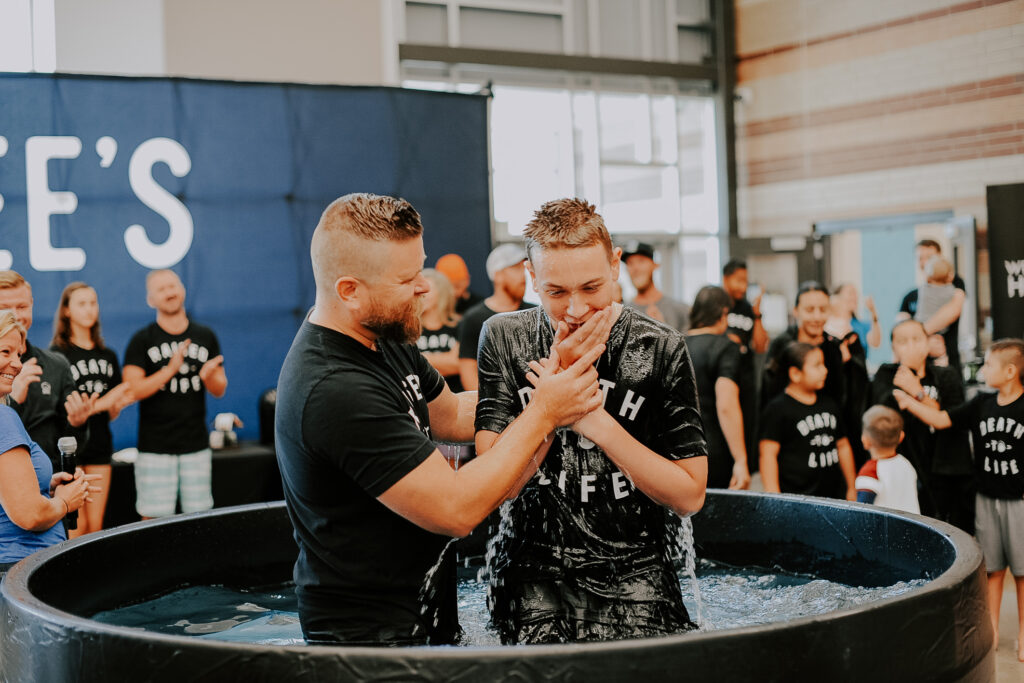
LITTLETON, Colo. (BP) — During his years involved in church planting and revitalization, Mike Proud notices a pattern that can apply to all congregations.
“The church started because [a small group] had a commitment to make a difference in their community,” said Proud, executive director for Colorado Baptists. “They didn’t have a lot, but they understood the vision and purpose for why they gathered. It was to worship, to build relationships with one another and to impact lostness.”
People sacrifice, he pointed out. They pool their money together and sell possessions to help the church.

But it can be difficult to retain that focus through the years and decades. The hustle that brought visitors, ministry in the community and a building one day brings a sense of having made it.
The church exhales. That, in reality, signals a coming decline.
“It happens faster at some places than others,” Proud said. “When the second, third and fourth generation of believers who weren’t a part of that beginning come into that church, they see everything as having just … existed. Those churches have to be even more intentional about ministry.”
Church planting’s big reset
Among the 370 churches affiliated with Colorado Baptists, about 15-20 are new church plants from the last five years. Go back 100 years, and that number of church plants goes up to 100, Proud said.
The lingering effects of COVID on church attendance is apparent, with congregations still attempting to rebound. A Lifeway Research study last fall said that Protestant churches are at 85 percent of their January 2020 attendance.
The pandemic hit those who launched a church in late 2018 or throughout 2019 particularly hard, said Proud. Any support in place and momentum got pulled out from under them in March 2020.
The nature of church planting, however, requires resiliency.
The area between Denver and Boulder is known for its economic affluence and liberal politics. Approximately 94 percent of the population is unchurched. It’s been called a church planting graveyard.
So naturally, this is where Keith Baldridge launched The Living Stone Church six years ago. It’s the only Southern Baptist church plant to survive in the area over the last 27 years.
Pushback has come mainly through perceptions over ties to politics. Inroads have built up through a focus on the Gospel, service in the community and testimonies of the 412 salvations Living Stone has recorded since it began.
“God really isn’t on people’s radar here,” he said. “But there is still a hunger for the truth. It’s a weird dynamic.”
Most of the salvation decisions happen at the church, which meets in a local school but recently secured a plot of land for a building. The seed for those decisions is planted at community events hosted by the church or conversations between members and friends.
Simple message, profound impact

“[The Gospel] is really simple when people understand it. They see the truth and reality of who God is and what He’s done for them. It’s difficult to walk away from that,” Baldridge said, and it’s why Living Stone averages one or two salvation decisions each Sunday.
Living Stone was one of those church plants hit by COVID at a particularly tough time. Local government policies made reopening a challenge as well.
“We were at the mercy of the governor, the school district and city health department,” Baldridge said. “We obviously couldn’t meet, even if we had our own building. We had to find ways to work within those parameters and continue ministry.”
Vacation Bible School in the summer of 2020, for instance, consisted of four one-hour sessions a day to keep the crowd at 40 people.
“Basically, we had four VBSs every day. But we were able to pull it off and had 160 kids attend,” he said.
A church, just not launched
River Church in Loveland, Colo., hasn’t launched just yet, but that doesn’t mean they’re not already a church.
“We have leaders. We worship together. We meet in homes during the week and have two missional community groups and four discipleship groups. We go into the community and serve others,” said Lead Pastor Josh Elliff.
The discipleship groups consist of two for men and two for women. Once a month public worship is held at a local high school, scheduled in conjunction with the arrival of volunteer mission teams. The official launch of River Church is scheduled for mid-September.
Elliff learned a lot in ministry and leadership from his dad Bill, founding pastor of The Summit Church in North Little Rock, Ark., and uncle Tom, former longtime pastor at First Southern Baptist Church in Del City, Okla.
A fellow church planter advised Elliff, who had previously served in Texas, Louisiana and Arkansas, on ministry outside of a Bible Belt context.
“In the South, you get relational and sociological equity by identifying as a Christian,” Elliff said. “Here, that’s not the case.”
Intentional about the right things
The key is being obedient.
“God has called me to be a missionary, not a large church pastor,” Elliff said.
That makes being missional as well as pastoral important.
“Church planters realize they need to be out in the community, in those third places (not home or work) building relationships,” Proud said. “If they’re not extremely intentional, they don’t survive.”
Intentionality is crucial in other areas, too. Both Elliff and Baldridge cite a dedication to studying Scripture as foundational for their ministries.
“Ministry is what happens out of the overflow of that,” said Baldridge. “It’s the only way I survive mentally and spiritually. If I’m not healthy, our church isn’t healthy.”
Elliff moved to Loveland in the summer of 2021 with his wife and their three children. They recently built a house, one of the first to do so in a subdivision that will eventually be home to up to 9,000 people. The other night he and Jacqueline played Trivial Pursuit with some unchurched neighbors.
Planting draws one to a beginning, but it’s just as much about longevity and is something addressed in his church’s name.
“When a river runs through an area, it changes it,” he said. “We want to do that.
“A river also has tributaries. We want to connect others to the proper source, because it brings life to everything it touches.”
















